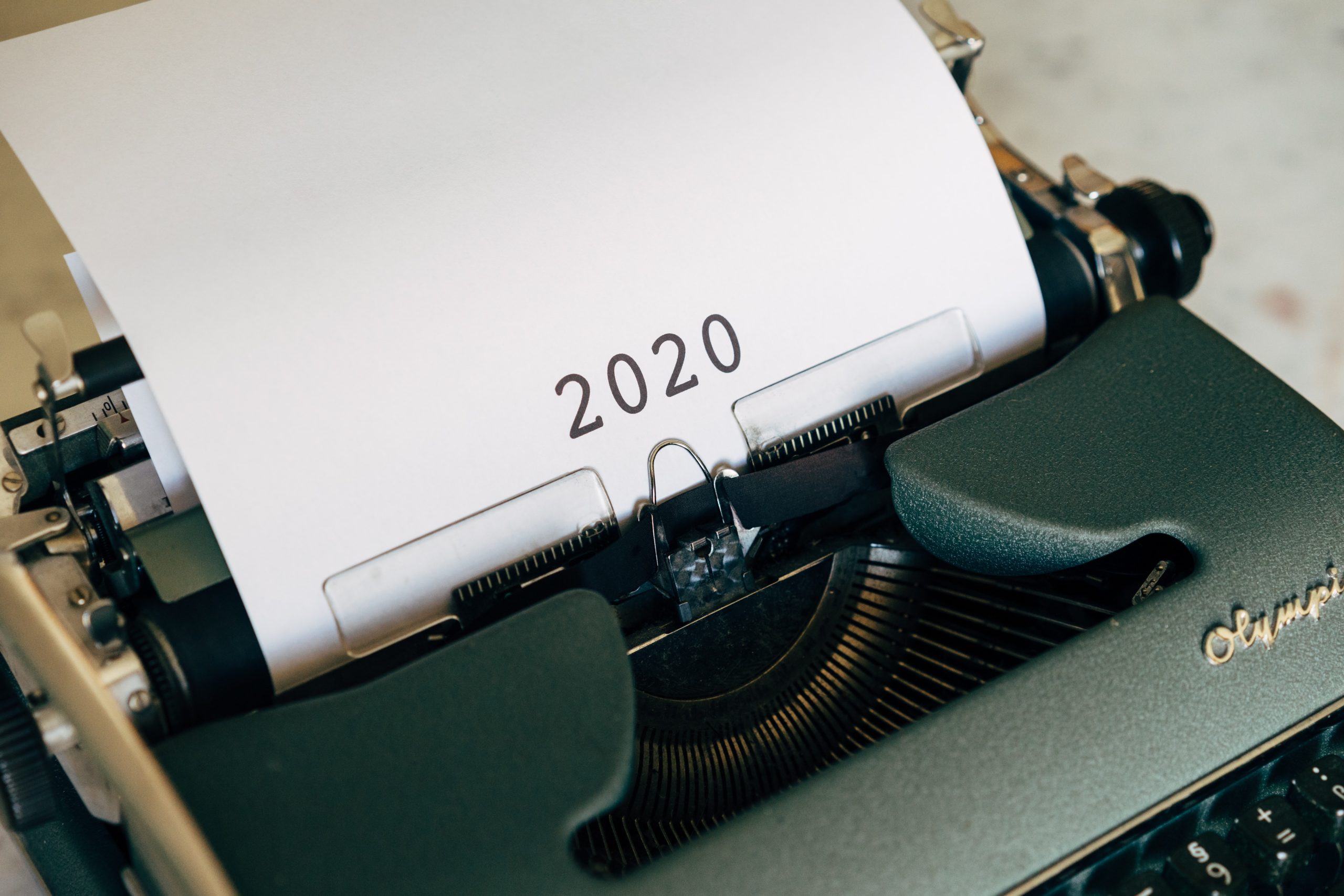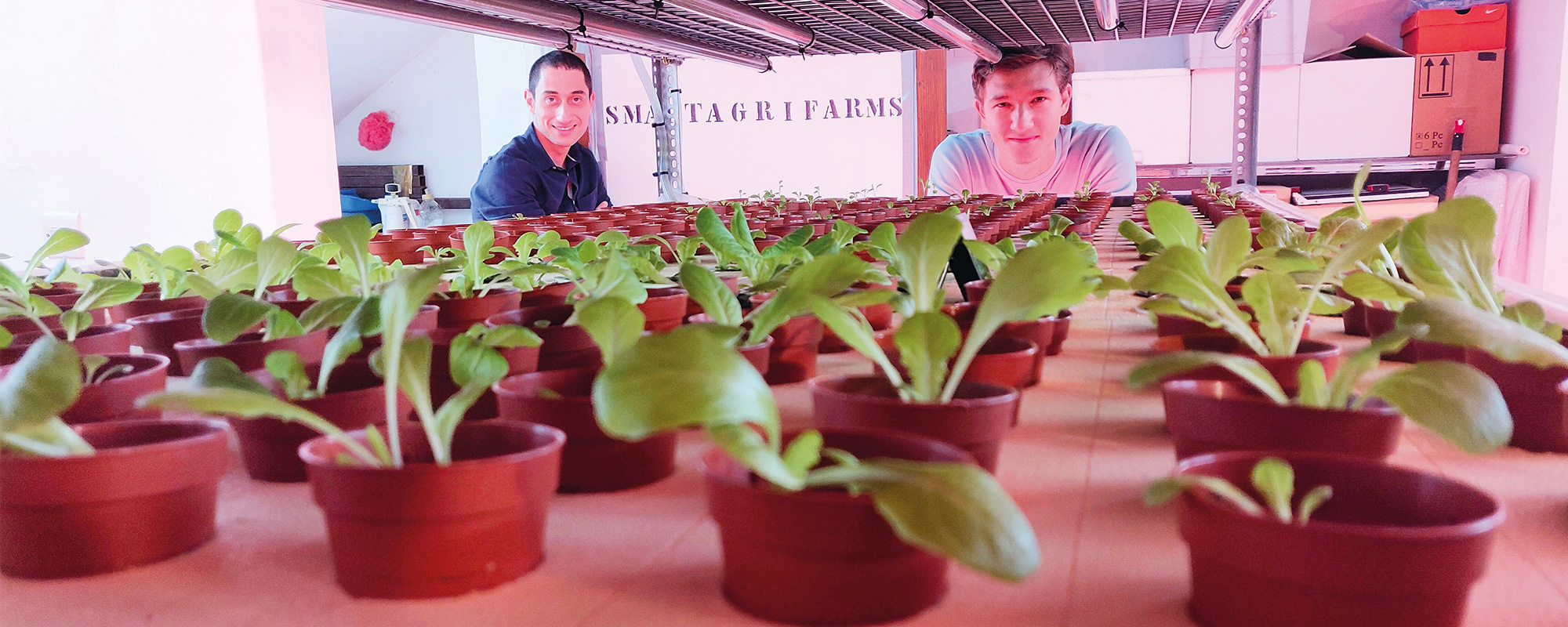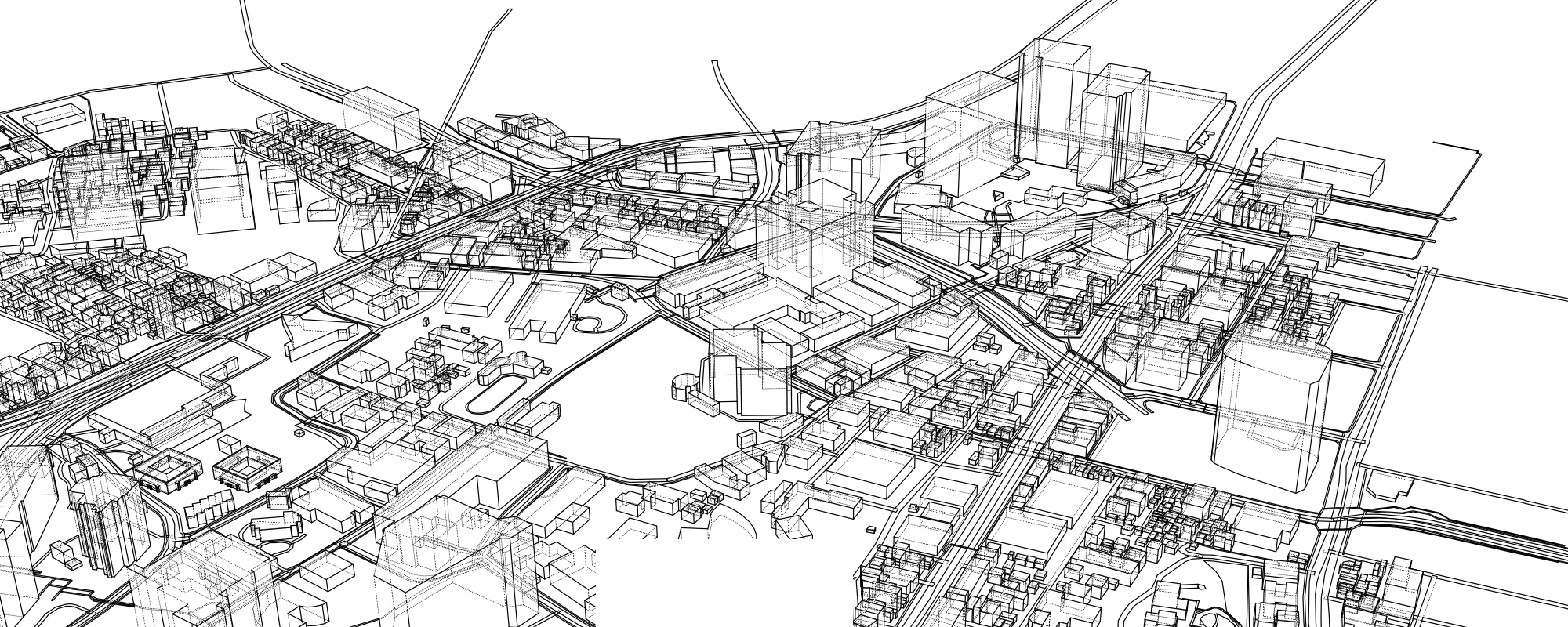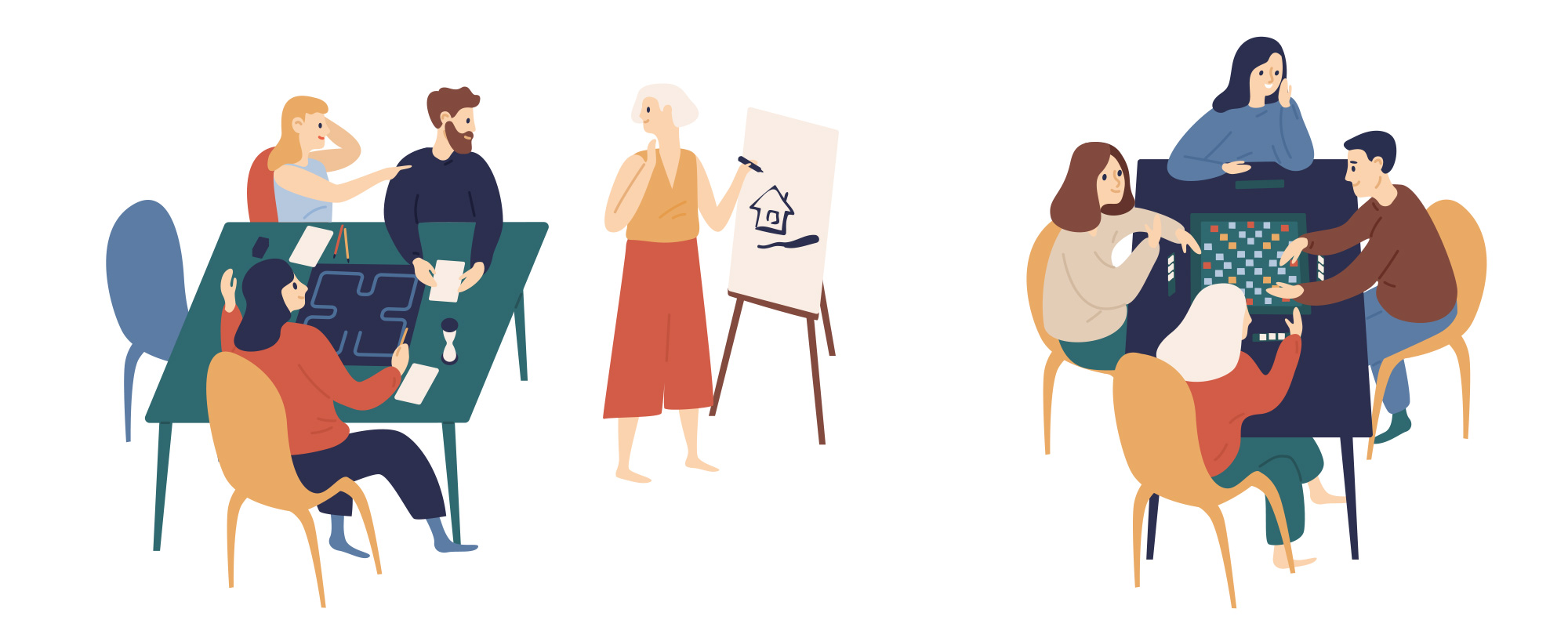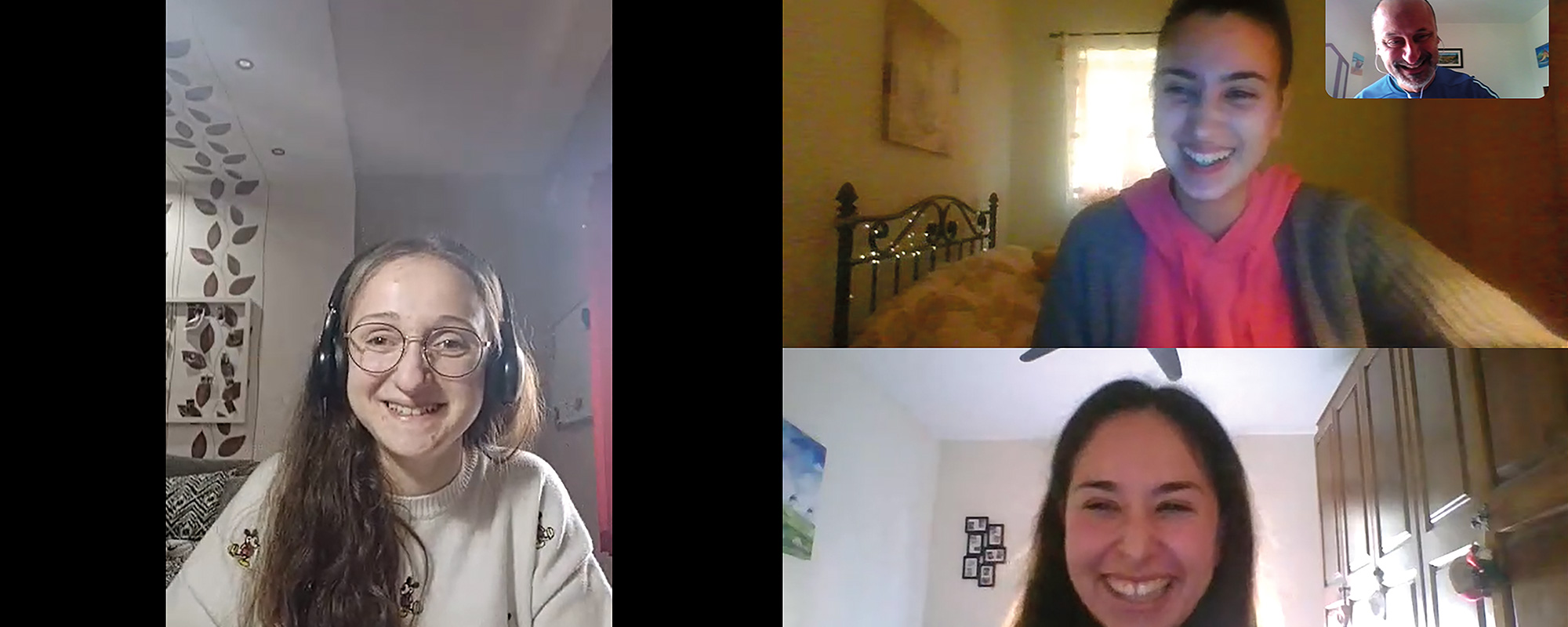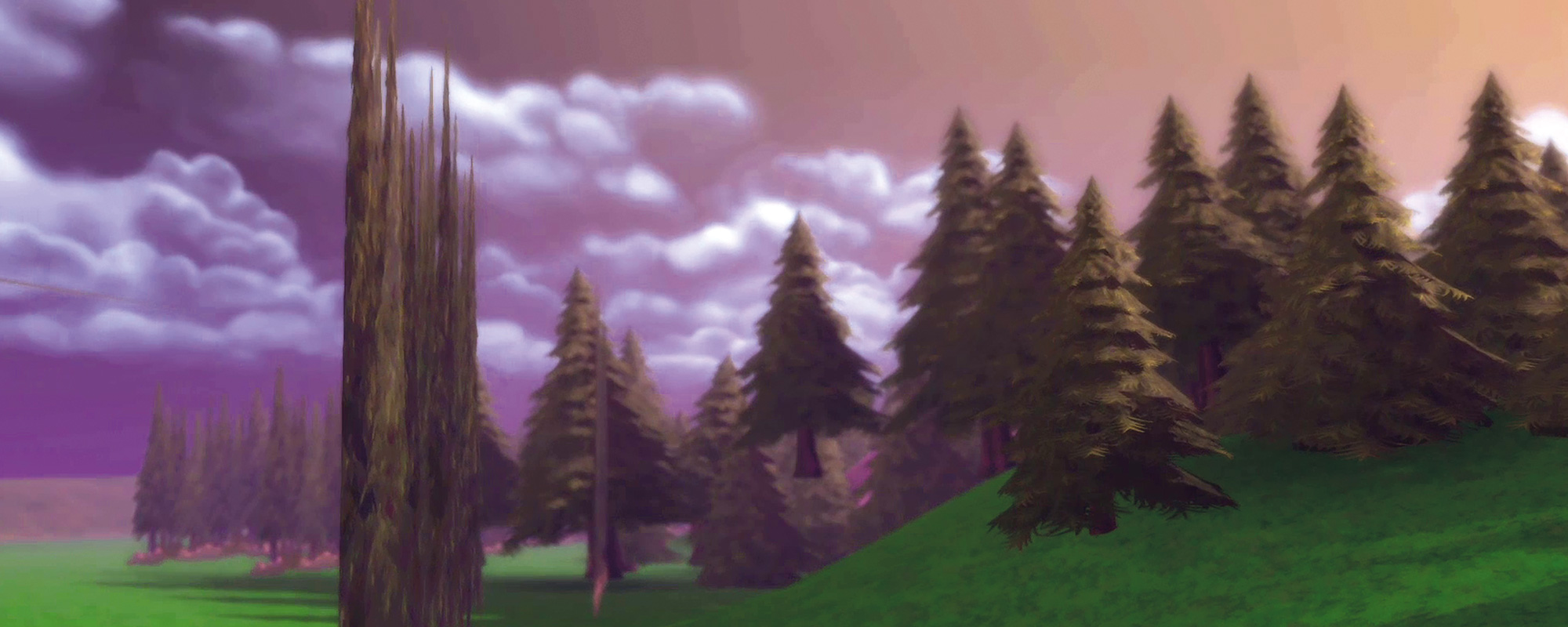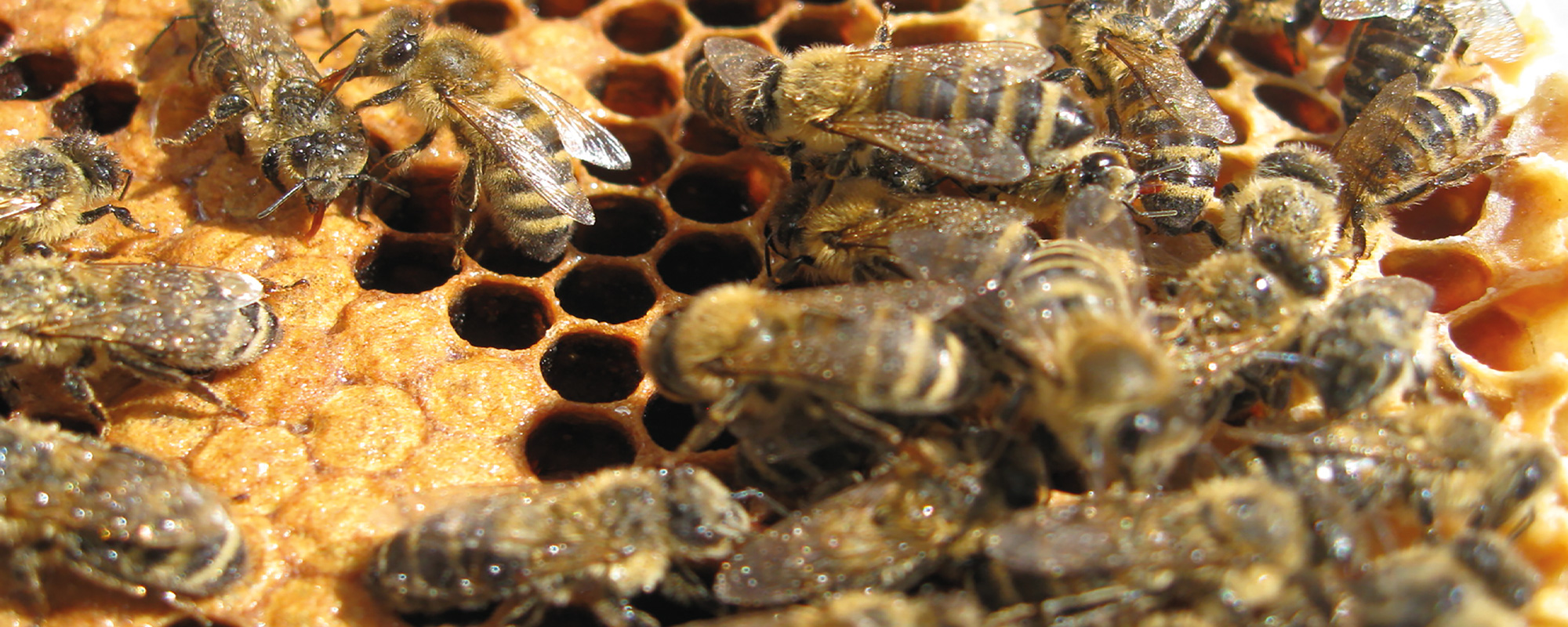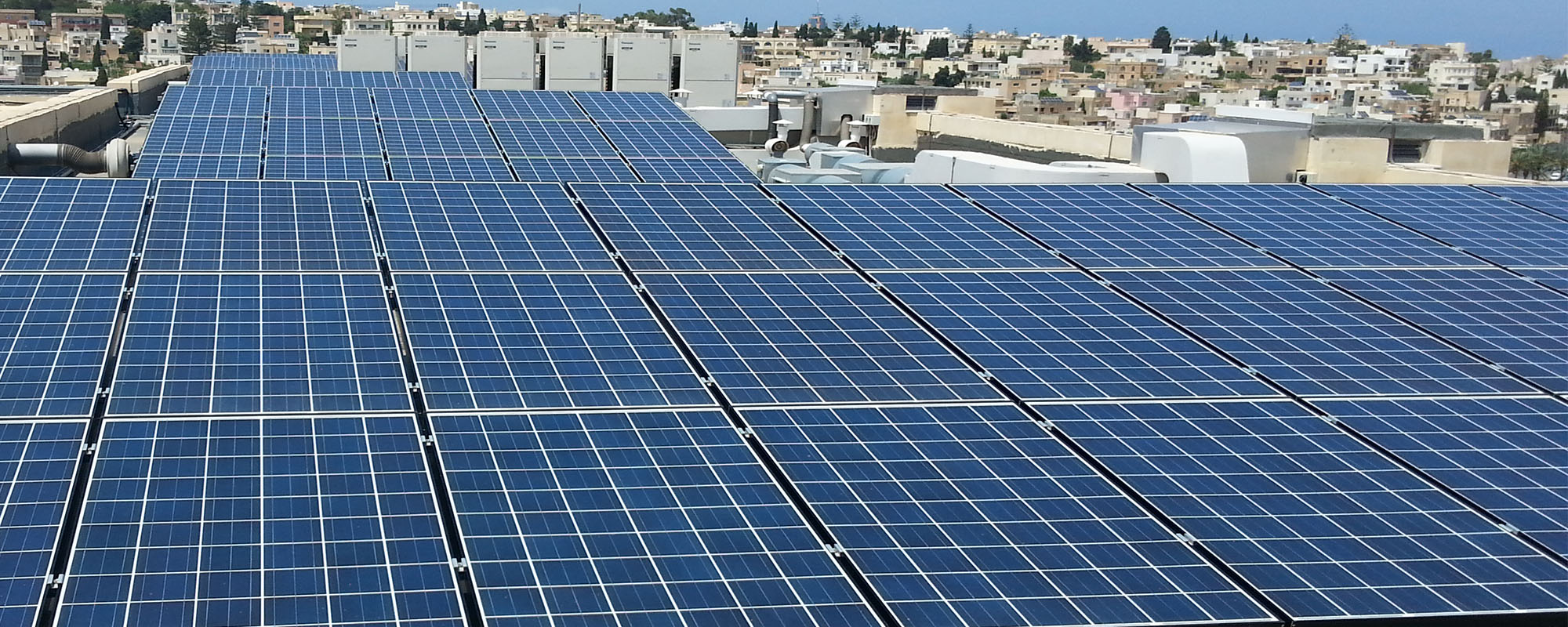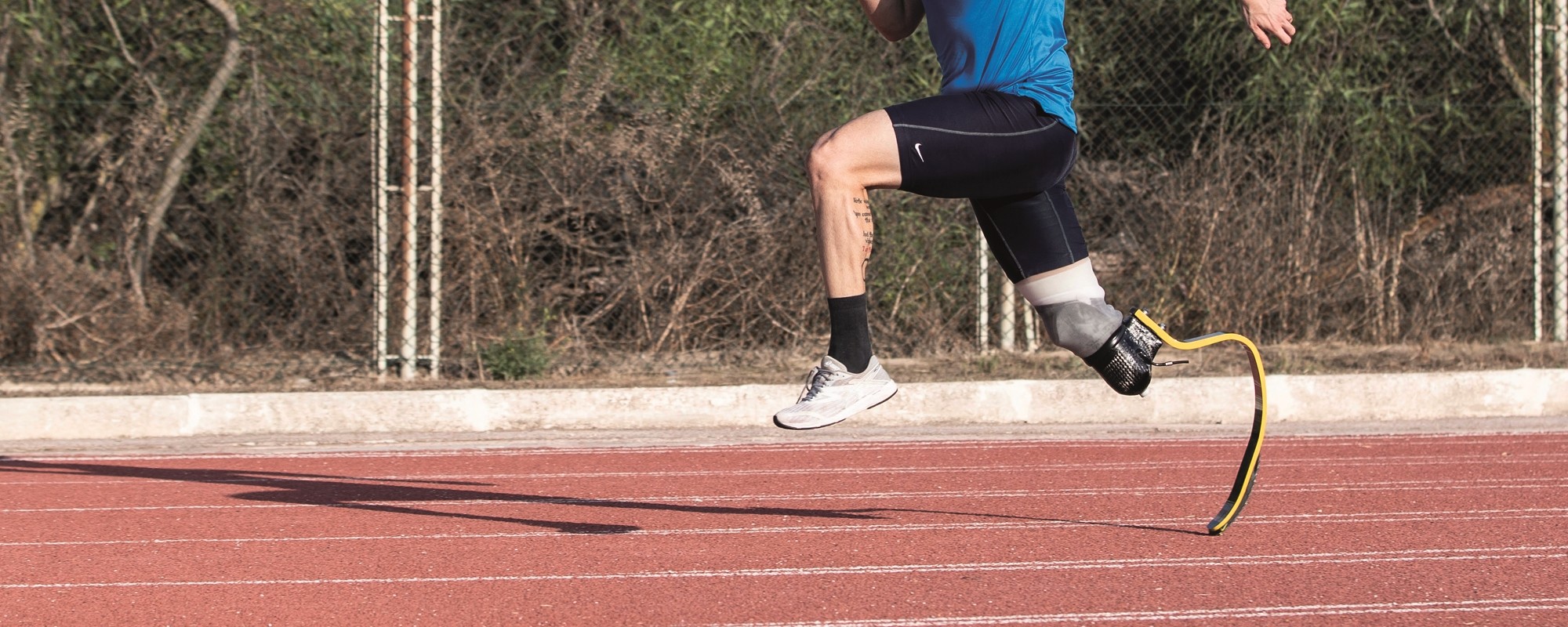The festive season is a time for family, friendship, and remembrance. Over the last nine years, I’ve seen THINK magazine being born, grow up, and mature. First as its life giver, then as its pilot, my job has been to make sure the ship doesn’t stray too far off course while allowing the excellent editors Cassi Camilleri, Daiva Repečkaitė, and David Mizzi to bring their own flavours and thoughts to the magazine.
The journey has been long — full of hurdles and rewards. Some academics did not agree with the approach: ‘THINK turns researchers into superstars,’ blurted one researcher, making that seem like an awful thing. Other researchers couldn’t understand why we wanted to talk about their failures. Experiments don’t always work, and we wanted to show the passion researchers need in order to contribute to human knowledge through publications. Meanwhile, other people loved how much time we dedicated to design and how easy the magazine was to read, proud that the University of Malta could produce such a high quality publication on a shoe-string budget.
The year’s end has made me reflect on all the stories we have covered, from articles that affected every Maltese resident to research stories that rewrote Maltese history. It has been a great ride. Below are some of my favourites. I hope you enjoy reading them as much as I enjoyed working on them with the excellent THINK team.
Stories that bring to light vital issues
Research sometimes brings shocking things to light. Imagine If one-third of the world’s shipping traffic passed by your door, and every ship burnt heavy fuel oil equivalent to a medium-sized power station. Prof. Ray Ellul and his team discovered that these fumes were causing pollution peaks in Malta, which also has high levels of asthma and other respiratory diseases.
Writing about this story showed me how important it was that THINK’s dedicated team was trying to find out what research was happening in Malta. We were the first to write about this research. Our story was picked up by issuu.com, gaining over a million hits through their platform. The story hit a nerve both in Malta and abroad.
Malta’s pollution problem is partly due to shipping, but also stems from traffic: fossil-fuel burning vehicles are Malta’s largest contributor. To this day, neither has been addressed. Lung conditions are still rampant.
We followed up the story in 2017 and again in 2020.

Re-writing history
Other research shows how history tells many stories. History is not made up of one narrative but of many competing ones. The final story is written by the victor. Back in 1798, Malta was invaded by the French, but recent research by Dr Charles Xuereb adds nuance to the story Maltese children have been taught in school. The story was that the French were hated, stole all our silver, and treated the Maltese very badly. Xuereb found out that many Maltese people and the then-rulers, the Order of the Knights of St John (many of whom were French), had practically invited the French to Malta. Napoleon tried to bring his values of free education and health to Malta, but that didn’t last long as it upset the merchant class and church — two powerful forces that didn’t benefit from Napoleonic rule.
But this isn’t what surprised me the most from Xuereb’s research. Around 10,000 Maltese people died in the ensuing two-year siege by the Maltese people in rural Malta supported by the British, against those locked up in the Three Cities and the Valletta/Floriana area bolstered by the French. What’s shocking is that this event is not remembered in our history books or monuments. The British rulers who came after the French didn’t want the Maltese people to think they could overthrow a colonial power, so they emphasised the British help and reduced the role of Maltese residents in this bloody two-year war.
For more, do read MALTA | Stockholm Syndrome: or why we love the British. If you’d like to read about other rewrites of Maltese history, see 1565 – Was it that great?
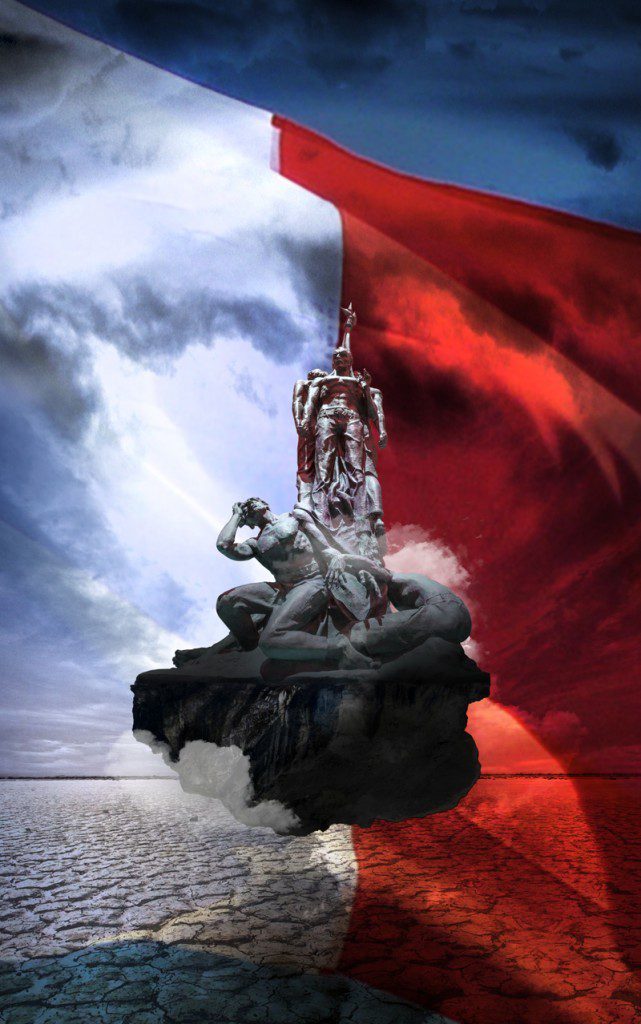
Stories that touch people’s hearts
Research changes lives. Dementia affects over 6,000 people in Malta. Cassi Camilleri wrote I’m sorry I forgot: Is dementia Malta’s next national crisis? Her story interwove Malta’s National Dementia Strategy publication with the sad story of Briton Geoffrey Morgan, who went missing and died because of his condition. His family opened up about their experience, showing just how important it is to invest in research on how to treat dementia, but also how to care for patients and their carers and families, who are normally overlooked.
A few years later dementia treatment in Malta received another boost: dance. The Step Up For Parkinson’s Voluntary Organisation started working with dementia patients and carers in Malta. THINK worked with them to produce Dancing with Parkinson’s: A short documentary and an article by Dawn Giles about the lives of people changed by this movement. Research by the organisation’s founder Nathalie Muschamp showed the impact the organisation’s work has on people’s lives. We recently followed up on this story in Caring for Carers, where we take a look at these unsung heroes.
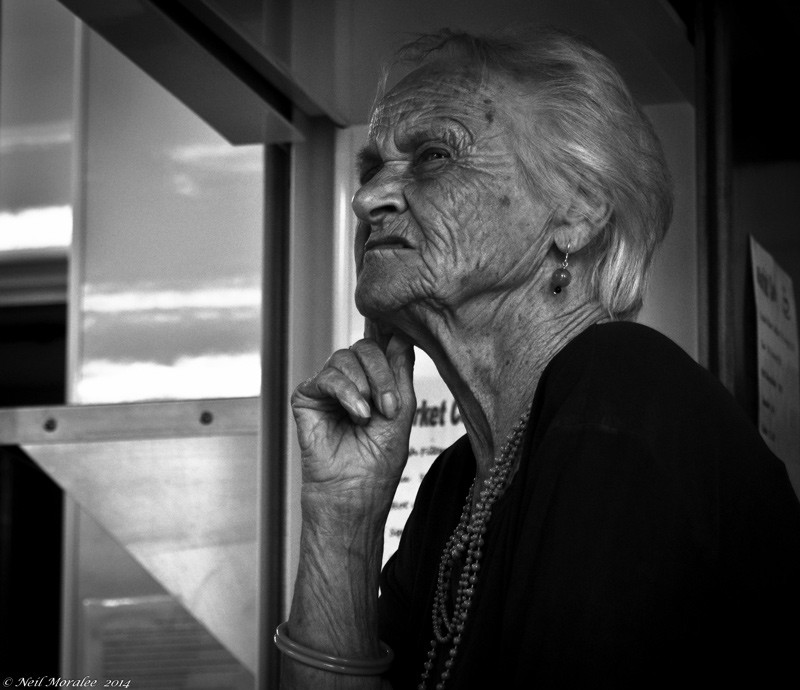
Tackling the problem of gender
THINK hasn’t shied away from difficult issues. Our March 2020 issue focused on gender boundaries. THINK investigated how women are still held back in journalism, medical research, STEM careers, and even climate change. The issues are both Maltese and present the world over. I really loved how we celebrated the women who made it despite the glass ceilings. Read Making it in a male-dominated world to learn more about the three researchers we covered.
One article that is close to my heart is on the need to normalise the issue of gender. Rather than simply shrugging off the problem, the issue needs to be tackled head on. Dr Brenda Murphy spoke about Mainstream gender = mainstream funding. By focusing on gender and including more LGBTIQ+ community members in research, research quality will improve. I have spent tens of hours writing research grants to try and make this happen in Malta — the search goes on.
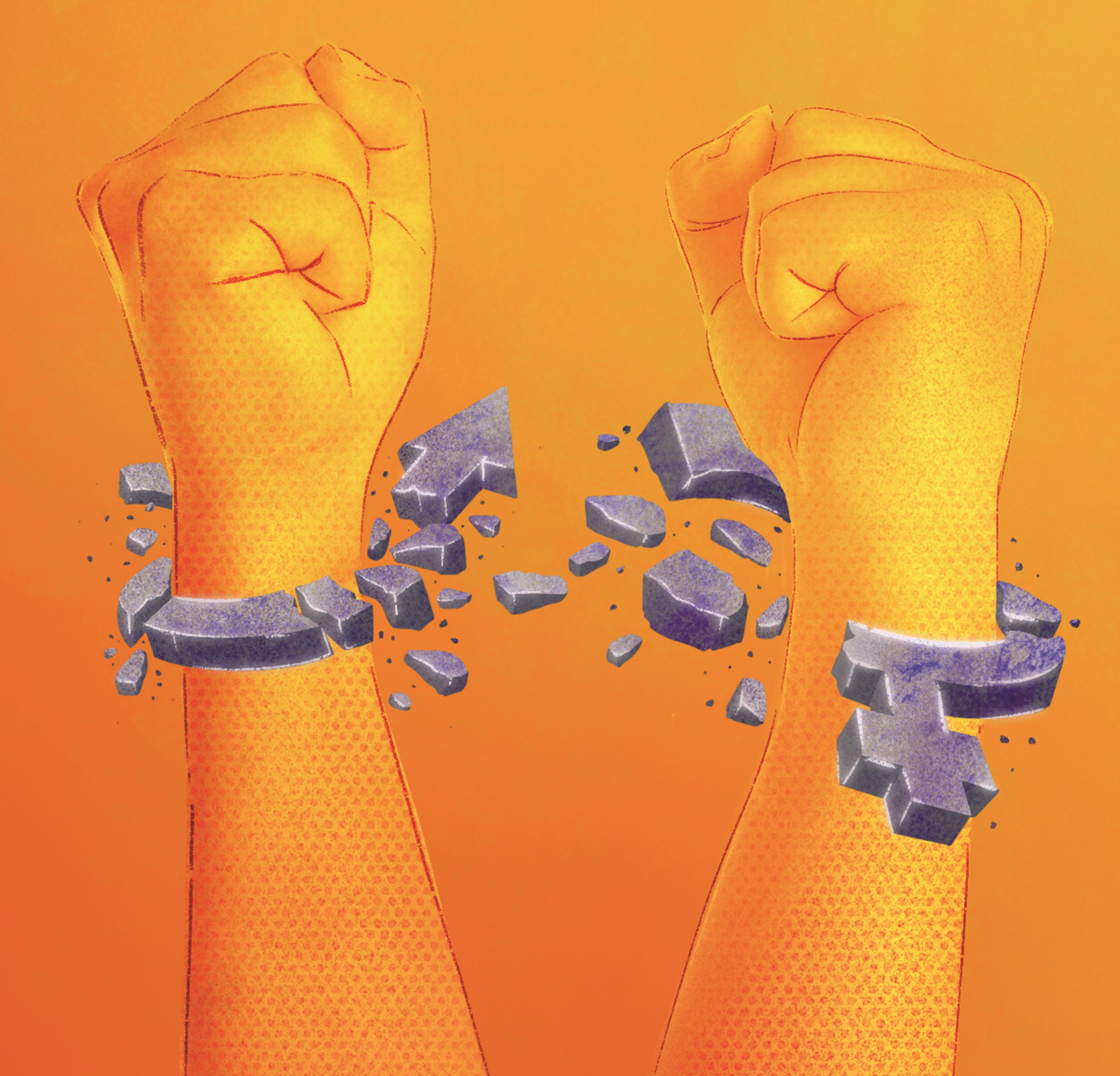
THINK has been an incredible life journey for me. Creating a magazine that speaks about Maltese research has been a dream come true. I had the idea while I was still living in Edinburgh, but the concept was a shared one, and many others pushed to start such a publication in Malta. That it is still going strong, with plans to make it even stronger under the helm of Editor David Mizzi, is the best Christmas present I could have received.
I want Maltese research to be known locally and worldwide. I want locals and politicians to talk to researchers and to make the best decisions for the country by balancing facts with public need. These wishes sound like pipe dreams, but let’s hope Santa is listening.

